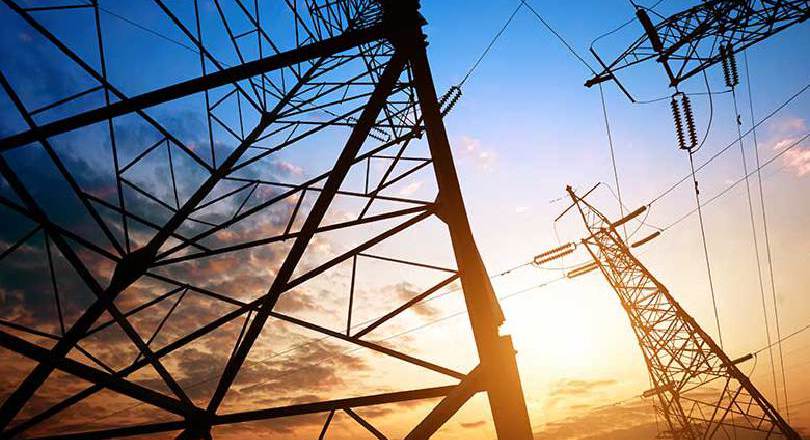As part of a government review into National Grid's role as both operator and owner of Britain's power grid, watchdog Ofgem and the energy ministry have set out plans for the power system operator division to become an independent, wholly-owned company, though still owned by National Grid, by April 2019.
On behalf of members of the largest union in National Grid, Prospect national secretary Philippa Childs said:
“Prospect is pleased that the joint National Grid, BEIS and Ofgem statement proposes maintaining the system operator within National Grid, albeit as a separate company. This follows a great deal of uncertainty for our members working in this critical part of the business, and across the wider industry as a whole.
“We will be engaging in detailed consultation to understand the full impact of this proposal, on those working under the system operator role and those in the remaining National Grid.
“At this time of rapid change throughout the sector, if the UK is to solve its energy ‘trilemma’ of balancing the three ideals of reliability, environmental sustainability and equity, policy decisions need to be based on what delivers the best outcome for the UK’s infrastructure.
“We will be working closely with all parties to ensure these objectives are not achieved at the detriment of our members.”
Under proposals, which are still subject to consultation, the electricity system operator will carry out its existing functions, as well as taking on new responsibilities, including the promotion of smart solutions, National Grid said.
National Grid owns and operates key parts of Britain's energy infrastructure. It charges generators regulated prices to transport electricity across its power network.
But it also balances supply and demand across the network. Some critics say this system operator function should be separated out of the overall group to mitigate against the potential for conflicts of interest between its dual roles. The proposal seeks to allay those fears while maintaining the expertise and experience necessary to manage and modernise the system.

